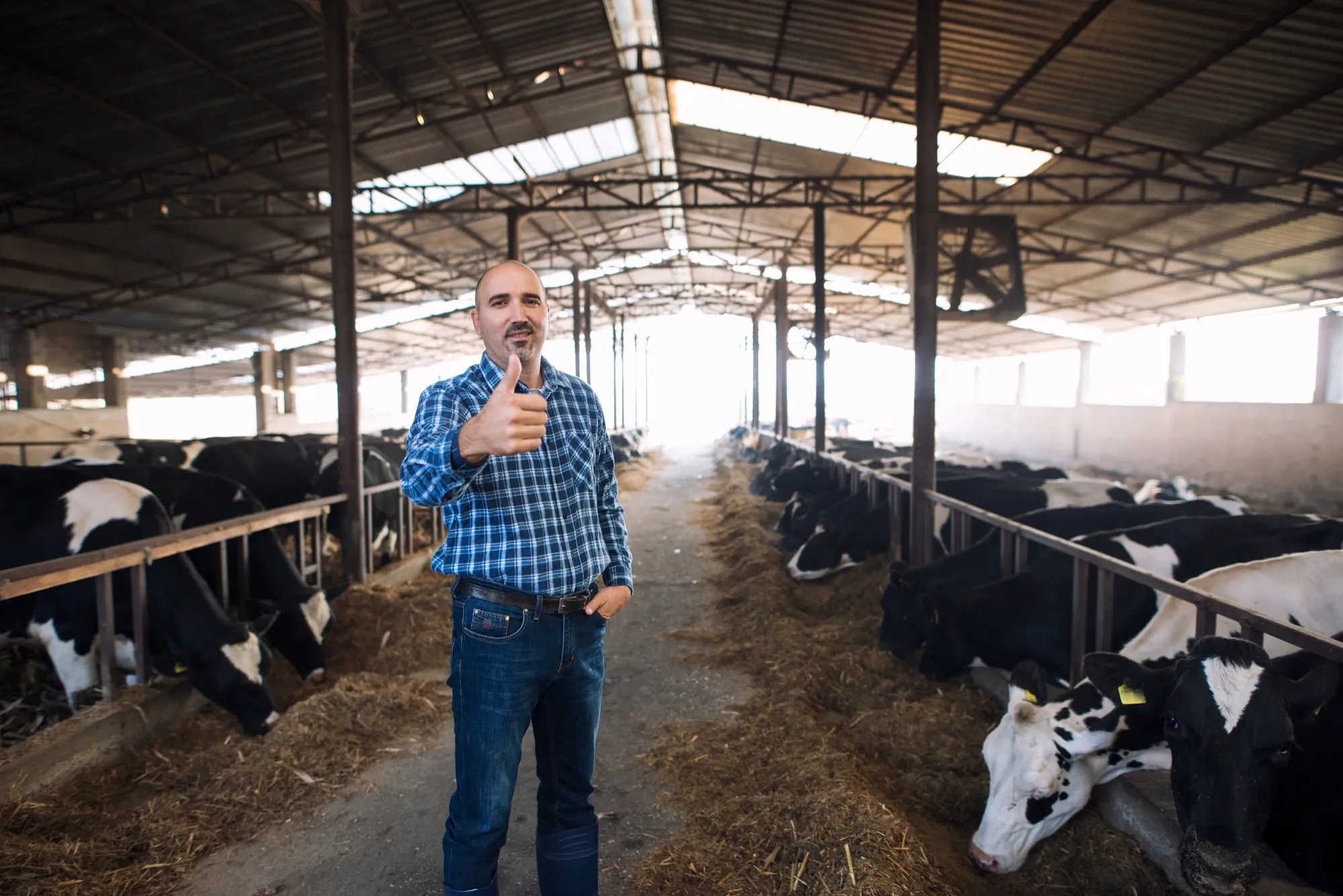Abstract
A recent study published in the Journal of Dairy Science has examined the effects of botanical supplementation on lactational performance, enteric methane emissions, and nutrient utilization in dairy cows. The study highlights the potential benefits of incorporating natural additives, such as Capsicum oleoresin and clove oil, in the diets of dairy cattle. The research findings contribute valuable insights into sustainable livestock management practices that can positively impact milk production while concurrently addressing environmental concerns related to greenhouse gas emissions.
Introduction
The dairy industry is faced with the dual challenge of increasing productivity while mitigating its environmental footprint—especially concerning the emission of greenhouse gases like methane. In an innovative approach to tackle this issue, researchers have turned their attention to botanical supplements as a potential solution for enhancing dairy cow performance without exacerbating enteric methane emissions. This article explores the groundbreaking work of Martins et al. (2024) from The Pennsylvania State University, whose study in the Journal of Dairy Science (DOI: 10.3168/jds.2023-23719) investigates the effects of diet supplementation with Capsicum oleoresin and clove oil on dairy cows’ lactational performance, greenhouse gas emissions, and overall health.
Methods
The study employed a 10-week randomized complete block design experiment with a sample of 48 Holstein cows, comprising a mix of 18 primiparous and 30 multiparous individuals. With careful selection based on parity, days in milk, and milk yield, cows were assigned to one of three treatment groups with 16 cows per treatment: a control group receiving a basal diet (CON), a group receiving the basal diet with a Capsicum oleoresin supplement (CAP), and a third group with a combined supplementation of Capsicum oleoresin and clove oil (CAPCO). Each premix was integrated into the diet commensurate with 0.8% of dry matter intake.
Results
Notably, supplementation with CAP or CAPCO did not significantly alter dry matter intake, milk yield, milk composition, or feed efficiency compared to the control. However, an increase in body weight was recorded in the last two weeks for cows in the CAP and CAPCO groups. Botanicals aided in improving body weight gain, and notably, CAP supplementation was linked with enhanced energy utilization efficiency.
Discussion
The study’s findings could herald a new phase in dairy nutrition by demonstrating that botanical additives can significantly benefit energy utilization and facilitate greater weight gain in cows without negatively impacting lactational performance or methane emissions. The implications for dairy farm sustainability and productivity are substantial, suggesting that feed additives like Capsicum oleoresin and clove oil possess the potential to be part of a more environmentally conscientious and productive agricultural practice.
Conclusion
By showing no adverse effects on milk production and entering methane emissions, while improving energy utilization and body weight gain, the research conducted by Martins and colleagues opens up promising prospects for the dairy industry. The strategic use of botanical supplements could provide farmers with a viable option to achieve better livestock productivity in an environmentally responsible manner.
References
1. Martins, L. F., Cueva, S. F., Silvestre, T., Stepanchenko, N., Wasson, D. E., Wall, E., & Hristov, A. N. (2024). Lactational performance, enteric methane emission, and nutrient utilization of dairy cows supplemented with botanicals. Journal of Dairy Science, 107(1), 242–257. https://doi.org/10.3168/jds.2023-23719
2. Hristov, A. N., Oh, J., Lee, C., Meinen, R., Montes, F., Ott, T., Firkins, J., Rotz, A., Dell, C., Adesogan, A., Yang, W. Z., Tricarico, J. M., Kebreab, E., Waghorn, G., Dijkstra, J., & Oosting, S. (2013). Mitigation of greenhouse gas emissions in livestock production – A review of technical options for non-CO2 emissions. FAO Animal Production and Health Paper No. 177. Rome: FAO.
3. Patra, A. K. (2012). Enteric methane mitigation technologies for ruminant livestock: a synthesis of current research and future directions. Environmental Monitoring and Assessment, 184(4), 1929-1952.
4. Beauchemin, K. A., Kreuzer, M., O’Mara, F., & McAllister, T. A. (2008). Nutritional management for enteric methane abatement: a review. Australian Journal of Experimental Agriculture, 48(2), 21-27.
5. Johnson, K. A., & Johnson, D. E. (1995). Methane emissions from cattle. Journal of Animal Science, 73(8), 2483-2492.
Keywords
1. Dairy Cow Supplements
2. Methane Emissions Livestock
3. Botanical Feed Additives
4. Sustainable Dairy Farming
5. Energy Utilization Dairy Cattle
The research article offers remarkable insights into sustainable dairy farming practices through the use of botanical supplements. By highlighting the potential of such natural additives to improve energy utilization without contributing to increased methane emissions, the study provides a new approach that could revolutionize nutrient management and environmental sustainability in the dairy sector.
